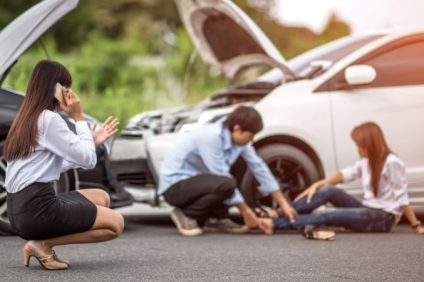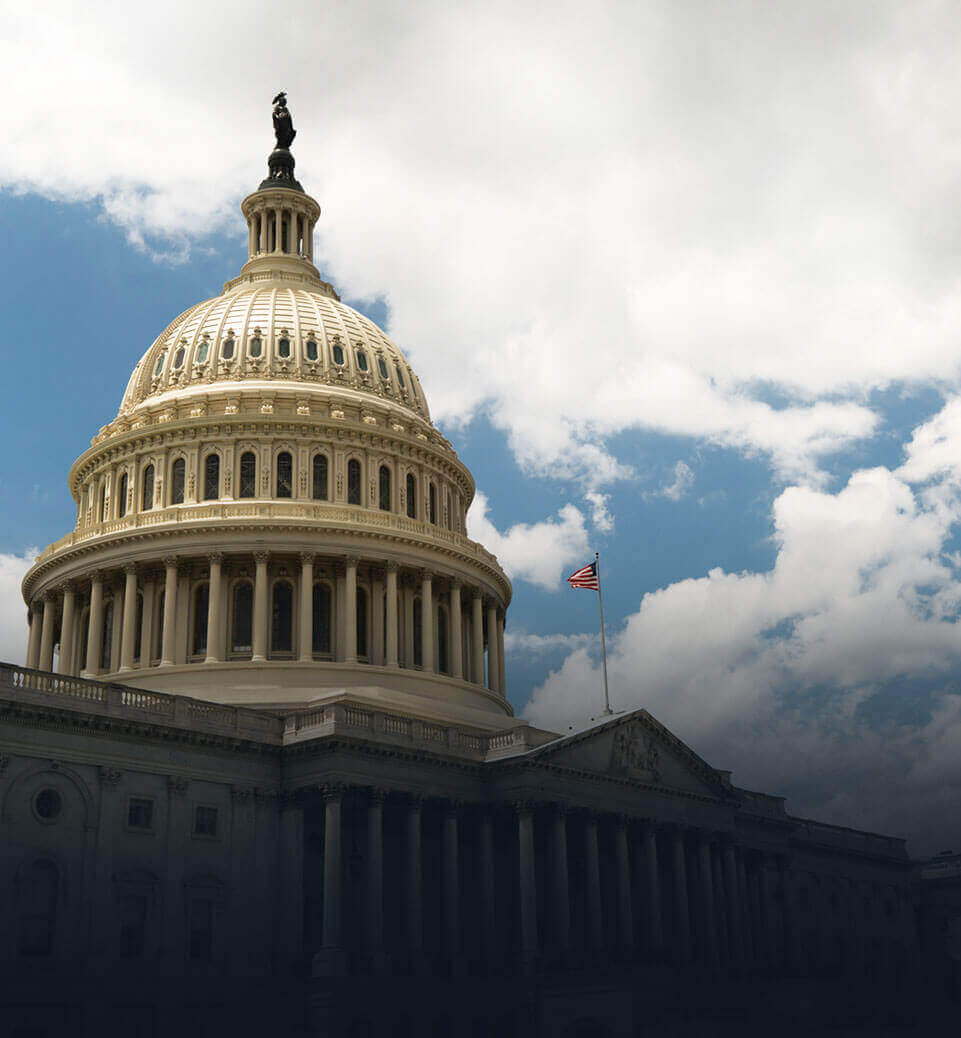Is California a No-Fault State for Car Accidents?
Car accidents happen every day throughout the state, and despite your best efforts to drive safely, another driver may inevitably cause an accident with your vehicle. If this occurs, it’s important to understand the state’s fault rule and how it applies to your case. Before you can recover compensation for any of your damages, you must prove exactly how your accident happened and who is responsible.
California is one of many US states that uses a fault rule for resolving car accidents. This means that if you know another driver is responsible for your recent crash, you have the right to seek repayment of all the resulting damages you incur from the at-fault driver. Unfortunately, this is easier said than done for many injured drivers, and recovery from a serious accident is likely to require an auto insurance claim and a personal injury claim against the at-fault driver.
Defining Negligence in a Car Accident Case
The term “negligence” is used in civil law to indicate a failure to uphold a duty of care or a failure to use reasonable care in a specific situation. Unfortunately, when it comes to car accidents, there are countless possible examples of negligent acts that can easily cause devastating collisions. Whether you anticipate resolving your recent car accident with just an insurance claim or bracing for a personal injury claim, the right attorney will be a crucial asset when it comes to proving liability for the incident and holding the appropriate party or parties accountable for your damages.
To succeed with any civil claim for damages, the plaintiff must identify the party responsible for their damages, prove they were negligent or performed an act of misconduct that resulted in those damages, and prove the full extent of those damages. Additionally, the plaintiff’s attorney will need to help their client prove causation or that the claimed damages solely resulted from the at-fault party’s negligence and not some other cause.
Comparative Fault
If you expect to become involved in any type of civil suit in the state pertaining to an act of negligence, you must prepare for the possibility of the defendant asserting comparative fault in an effort to deflect their own liability. Under the pure comparative negligence law of California, a plaintiff bearing a percentage of fault for causing a personal injury loses that percentage of their final case award.
Proving fault for a car accident can be very challenging, but the right attorney is an invaluable asset who can make this aspect of your recovery efforts much easier to complete effectively. Additionally, if you do bear partial responsibility for your accident, your attorney will still be an invaluable asset when it comes to minimizing your fault percentage and maximizing your claimable damages, potentially improving the final outcome you reach by a substantial margin.
FAQs About Is California a No-Fault State for Car Accidents?
Is California a No-Fault State Regarding Car Accidents?
No, California upholds a fault rule for resolving car accidents. This means that whoever causes a car accident absorbs liability for any resulting damages they cause to others. All drivers are required to carry auto insurance that includes appropriate liability coverage for personal injury and property damage. To secure compensation for your recent car accident, you must prove fault.
How Is Fault Determined in a Car Accident Claim in California?
Every car accident victim will face a different set of challenges when it comes to proving fault for their accidents. Some of the most commonly reported causes of car accidents in the Azusa area include distracted driving, driving under the influence of drugs or alcohol, moving violations, and speeding. You must identify the driver who caused your accident and prove their negligence or misconduct directly resulted in your claimed damages.
Do I Need to Report a Car Accident to the Police?
State law requires drivers to call 911 and report car accidents resulting in significant property damage, injury, or death. Failure to do so could lead to criminal charges for hit and run, so it is always best to report a car crash if you are unsure whether you are required to do so. This will not only prevent you from incurring penalties for failure to report but also create a formal record of the accident to which you may need to refer later.
Do I Need to Go to Court to Settle a Car Accident?
Your first recovery option after a vehicle accident is filing an auto insurance claim against the at-fault driver or claiming against your own underinsured/uninsured motorist coverage if they do not have insurance. Once you obtain as much as you can through insurance, you can file a personal injury claim to seek compensation for the remaining losses. If the defendant agrees to a settlement, you may not face much time in court at all. However, if liability is contested or the defendant disputes your claimed damages, you may face some measure of litigation in resolving your car accident claim.
Should I Hire an Attorney After a Car Accident?
Hiring legal counsel you can trust can make a tremendous positive impact on the outcome of all the recovery efforts you pursue after a car accident. While you may be hesitant about the potential cost of hiring legal counsel in the face of the losses you already face, your legal team can potentially help you secure far more compensation than you may initially expect, even after accounting for the cost of your legal fees.
The attorneys at Belgum, Fry & Van Allen have extensive professional experience with difficult car accident claims and have helped many California clients recover more fully than they could have on their own. If you believe another driver is at fault for your recent accident, our team is ready to help you hold them accountable and secure maximum compensation for your losses. Contact us today to schedule a consultation and find out how we can help you prove fault for your recent car accident.




